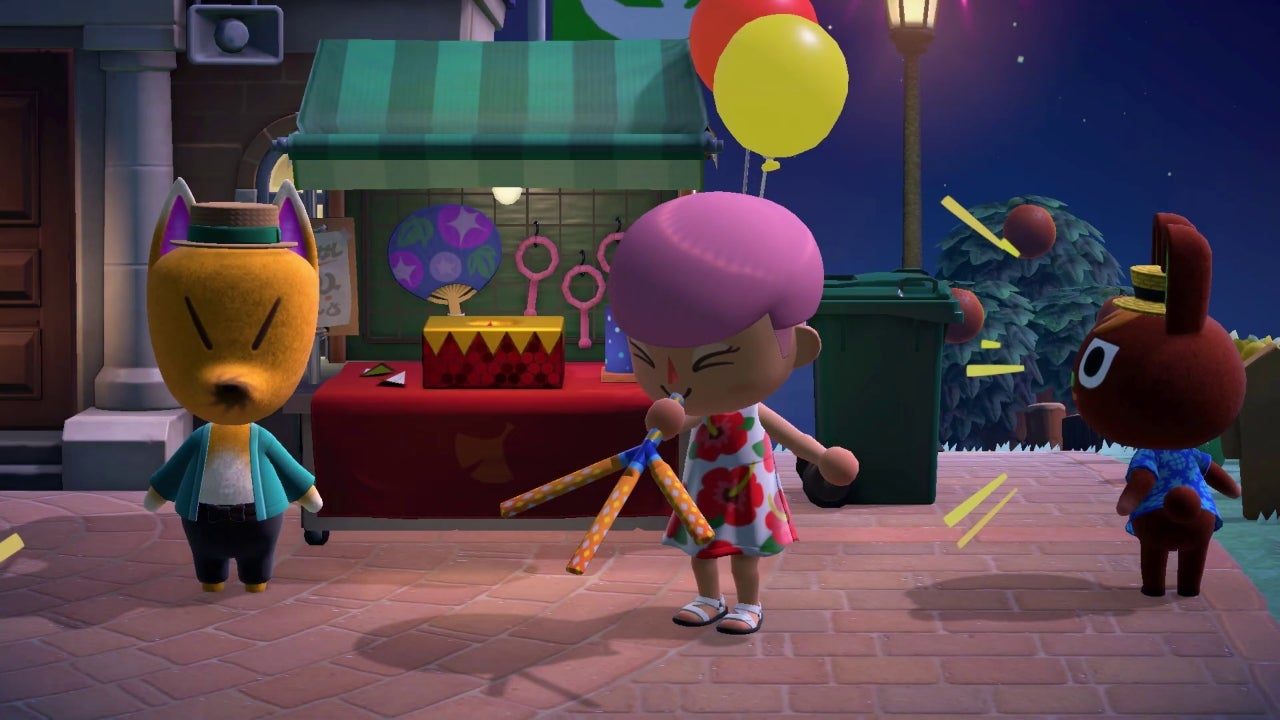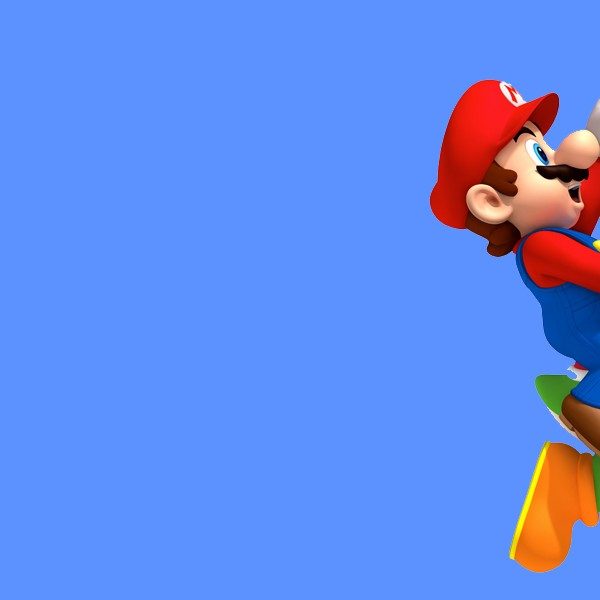

A new study from Oxford University links video games with a person’s well-being. In order to collect data, researchers at the Oxford Internet Institute collaborated with gaming companies Electronic Arts and Nintendo of America. While surveying players of Plants V. Zombies: Battle for Neighborville and Animal Crossing: New Horizons, researchers found “a positive relation between gameplay and well-being.”


The study gathered data directly from manufacturers, compared to previous studies that relied on self-reporting from gamers. Nintendo only shared the amount of time a user spent playing with researchers, while Electronic Arts shared achievements players received and emoticons players used in addition to time spent playing. EA and Nintendo then contacted players of their respective games through online survey platforms. The survey measured a player’s well-being, self-reported play, and motivations for play. All 3,274 players who took part in the survey were aware of the study and data usage.
Leader of the study, Professor Andrew Przybylski, explained the results:
“Our findings show video games aren’t necessarily bad for your health; there are other psychological factors which have a significant effect on a persons’ well-being. In fact, play can be an activity that relates positively to people’s mental health – and regulating video games could withhold those benefits from players.”


Although the study showed only a small correlation between video gameplay and mental well-being, the results conflict with the “many fears that excessive game time will lead to addiction and poor mental health.” Professor Przybylski also noting the positive link could be attributed to the social aspect of both Plants V Zombies: Battle for Neighborville and Animal Crossing: New Horizons. Both games from EA and Nintendo have players interacting with others online. Considering a global pandemic has most of the world’s population stuck at home, it’s not surprising to see an association between gameplay and elevated happiness. Przybylski told Business Insider, a lot more data is needed to prove definitive causation between video games and happiness. However, the results could open doors for future research, promoting more cooperation between the gaming industry and researchers.
Play games, take surveys and take advantage of special offers to help support mxdwn. Every dollar helps keep the content you love coming every single day.

